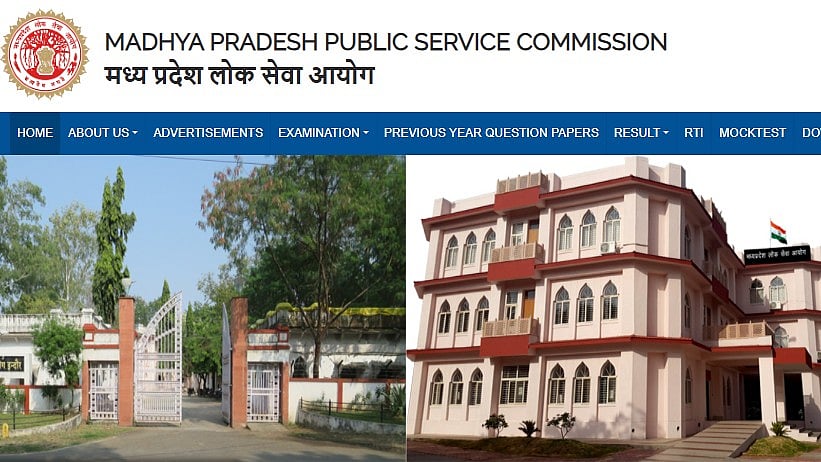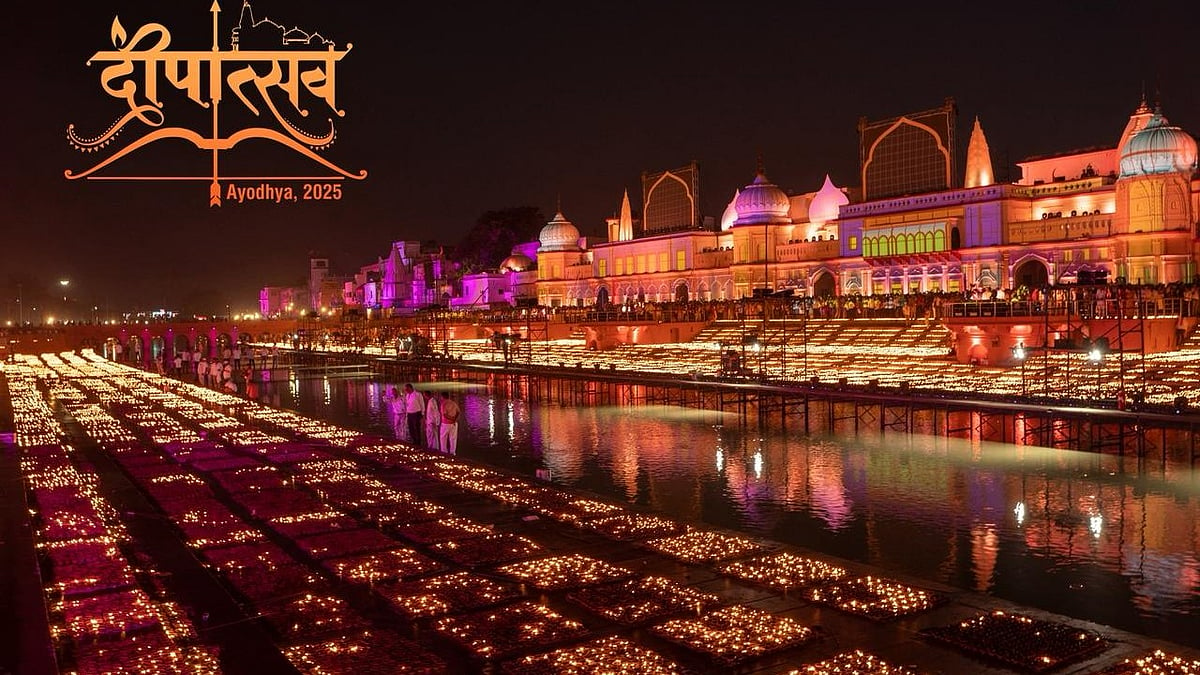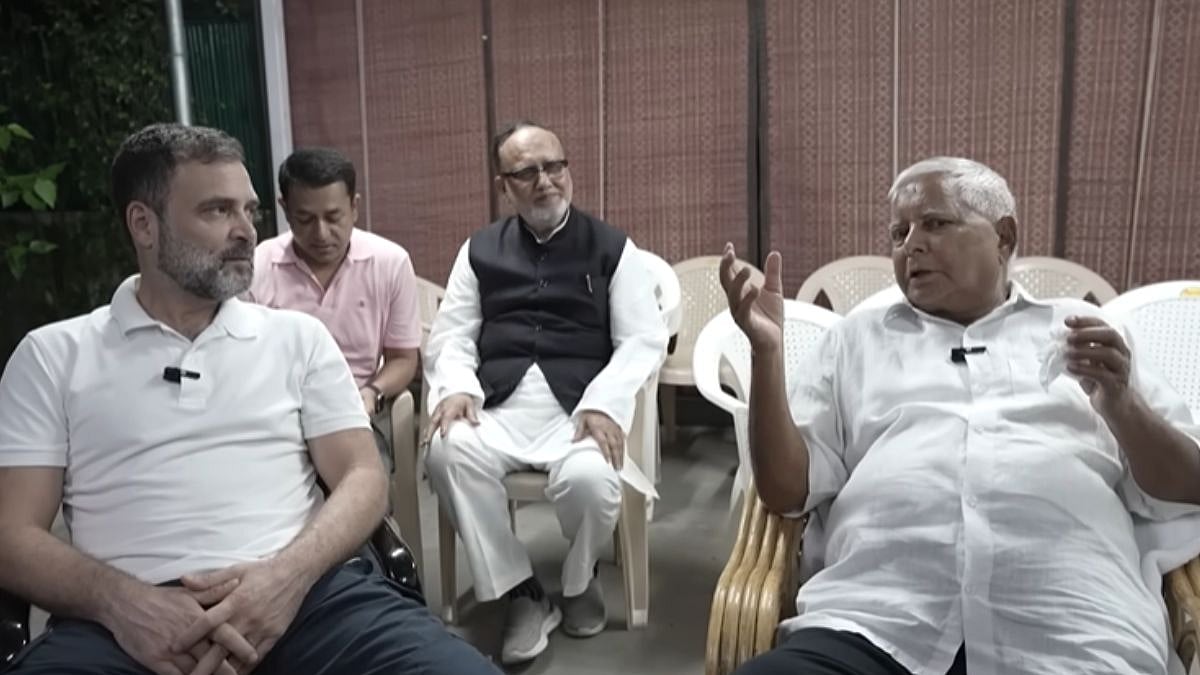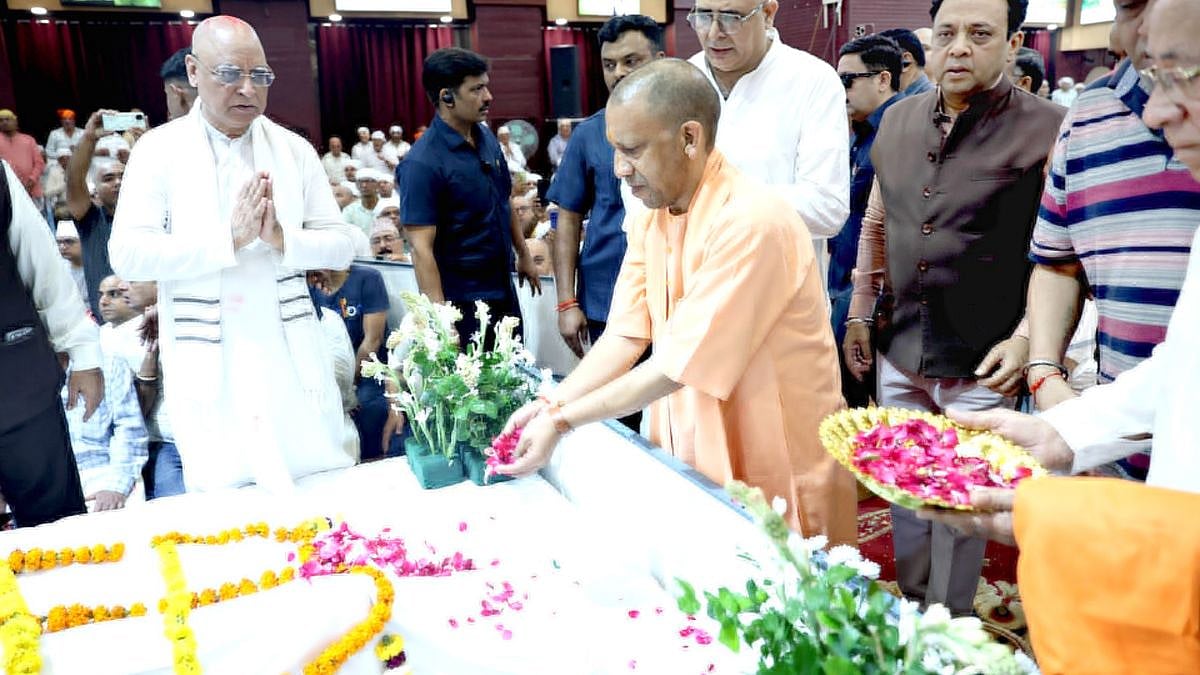New Delhi: In a first-of-its-kind effort to tackle India’s soaring electricity demand, the government has announced new standards for air conditioning systems, capping their temperature range between 20°C and 28°C.
Union Minister Manohar Lal Khattar, on Wednesday, June 11, confirmed that this move is aimed at standardising AC usage and curbing excessive power consumption, particularly during peak summer months.
Have a look at his entire statement here:
What Does the New AC Temperature Rule Mean?
Currently, most AC units in India allow cooling as low as 16°C and heating up to 30°C. Under the new rules, users will no longer be able to cool below 20°C or heat above 28°C. “The temperature standardisation for ACs will be set between 20°C to 28°C,” Khattar said during an official announcement. “This is a first-of-its-kind experiment, aiming to standardise temperature settings.”
While details about enforcement across households and commercial sectors are yet to be revealed, the government has indicated it will monitor adherence to the new provision. The rule is being positioned as a proactive energy-saving measure that also encourages responsible consumption.
Why the Government Wants You to Limit Cooling
Air conditioners currently account for nearly 20% of India’s total electricity demand, according to data from the Power and Housing Ministry. “Studies show that every 1°C increase in AC temperature cuts energy use by 6%,” said Pankaj Agarwal, a senior ministry official, told Bloomberg. “That means if everyone sets their ACs just 1 degree higher, we can save about 3 gigawatts of power during peak times," he added.
A study by the University of California, Berkeley, cited in the same report, estimates that such energy standards could help India avoid spending Rs 7.5 trillion on new power infrastructure and reduce peak electricity demand by up to 60 gigawatts by 2035.










